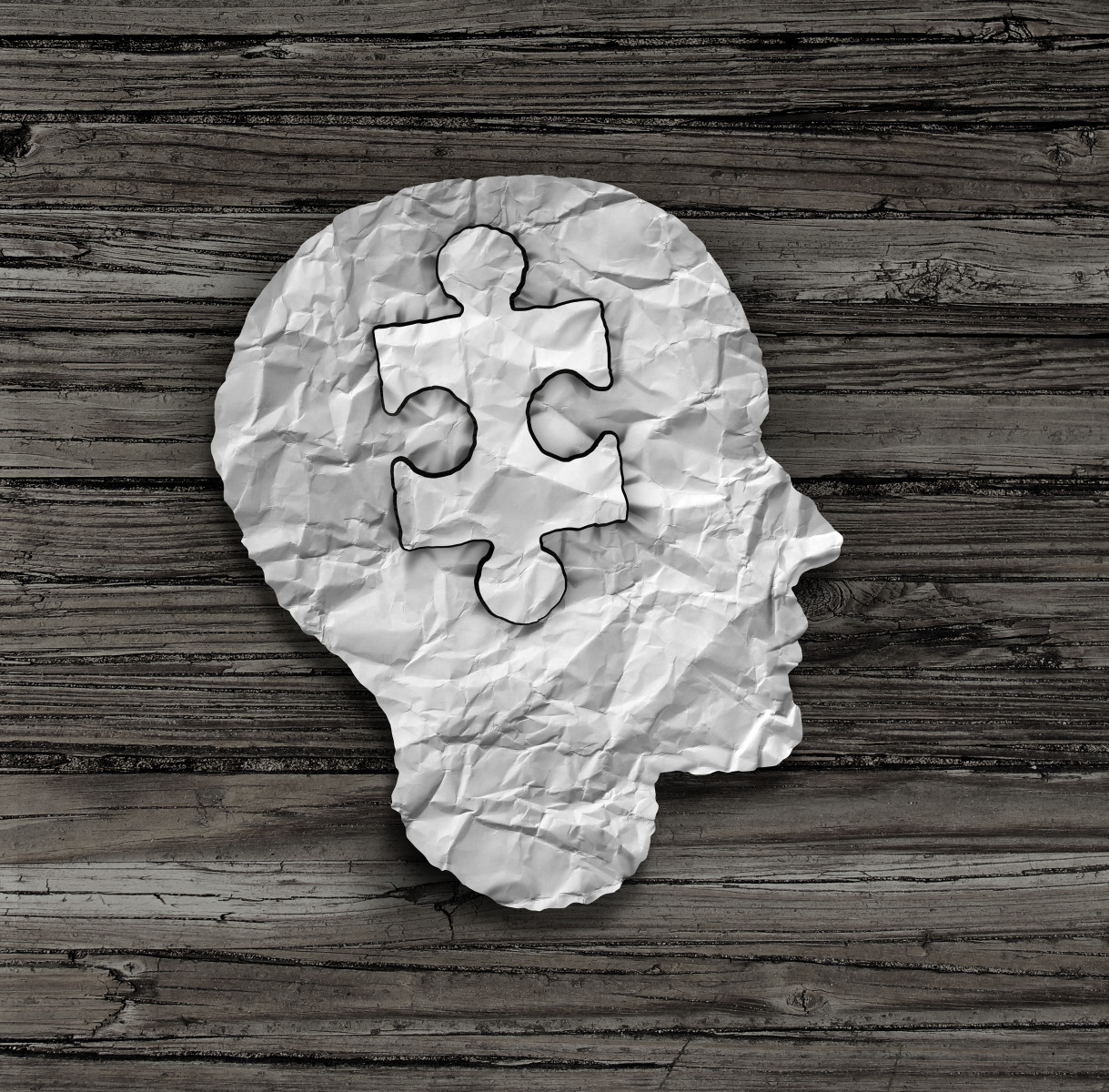Brain Bank at Harvard Gets Potential $12.8M from NIH to Support Brain Donations for MS and Other Research

The Harvard Brain Tissue Resource Center at McLean Hospital, also known as the Brain Bank, has signed a new, potentially $12.8 million contract with the National Institutes of Health (NIH) that allows it to continue to collect brain specimens from donors with a range of neurological and psychiatric disorders, including multiple sclerosis (MS).
The McLean Hospital Brain Bank is one of the six such “banks” in the NIH NeuroBioBank, which is a resource for researchers across the U.S. It gives them access to postmortem brain tissue samples and related biospecimens for use in their studies.
NIH banks have gathered more than 9,000 donated brain specimens from patients with various diseases, as well as from healthy people whose brain tissues serve as experimental controls.
“Research on samples from donors with brain disorders allows us to understand what changes occur in the brains of people who suffer from these conditions, and to help develop effective therapies,” Sabina Berretta, MD, director of McLean Hospital’s Brain Bank and the Translational Neuroscience Laboratory, said in a press release.
A better understanding of what is happening on a biological level in the brains of people with psychiatric disorders also helps to fight public misconceptions about them, she added.
“Psychiatric disorders are often mistakenly understood as ‘psychological’ or ‘behavioral’ disorders: conditions without a biological underpinning. This erroneous view leads to the stigma associated with these disorders, which are often seen as character flaws as opposed to what they really are, disorders of the brain — no different than disorders that affect other organs, such as heart conditions,” Berretta said.
The new contract, which totals $12.8 million, runs for one year (Sept. 1, 2019 to Aug. 31, 2020; with a four-year extension option) and specifies that its funds will be released over the next five years.
Funding for each subsequent year is dependent on the previous year’s performance and NIH funding availability.
The previous contract ran from 2013 to 2019, and supported collection, preservation, and use of 100 brain specimens each year. This new contract will support the same for 180 brains each year, allowing the center to expand work into changes in the brains of substance abusers, particularly those who died of opioid use disorder.
Post-mortem brain donations are requested from people with diseases or disorders ranging from MS to depression and Tourette syndrome, and now opioid misuse as well. Donations from people without any disorder affecting the brain are also highly necessary, as they are essential to all scientifically controlled studies.
“It is equally important that people who do not suffer from brain disorders consider registering to become brain donors,” Berretta said. “Any study on any brain disorder needs a comparison group, and samples from people who did not have brain disorders can provide a necessary baseline.”
The NIH NeuroBioBank is financed, either entirely or in part, by the National Institute of Mental Health, National Institute of Neurological Disorders and Stroke, Eunice Kennedy Shriver National Institute of Child Health and Human Development, and the National Institute on Aging.
“A brain donation allows our society to improve the human condition by improving treatment of debilitating and common disorders,” Berretta said. “The more we study the human brain, particularly using the powerful technological approaches available in recent years, the more we can understand ourselves.”






